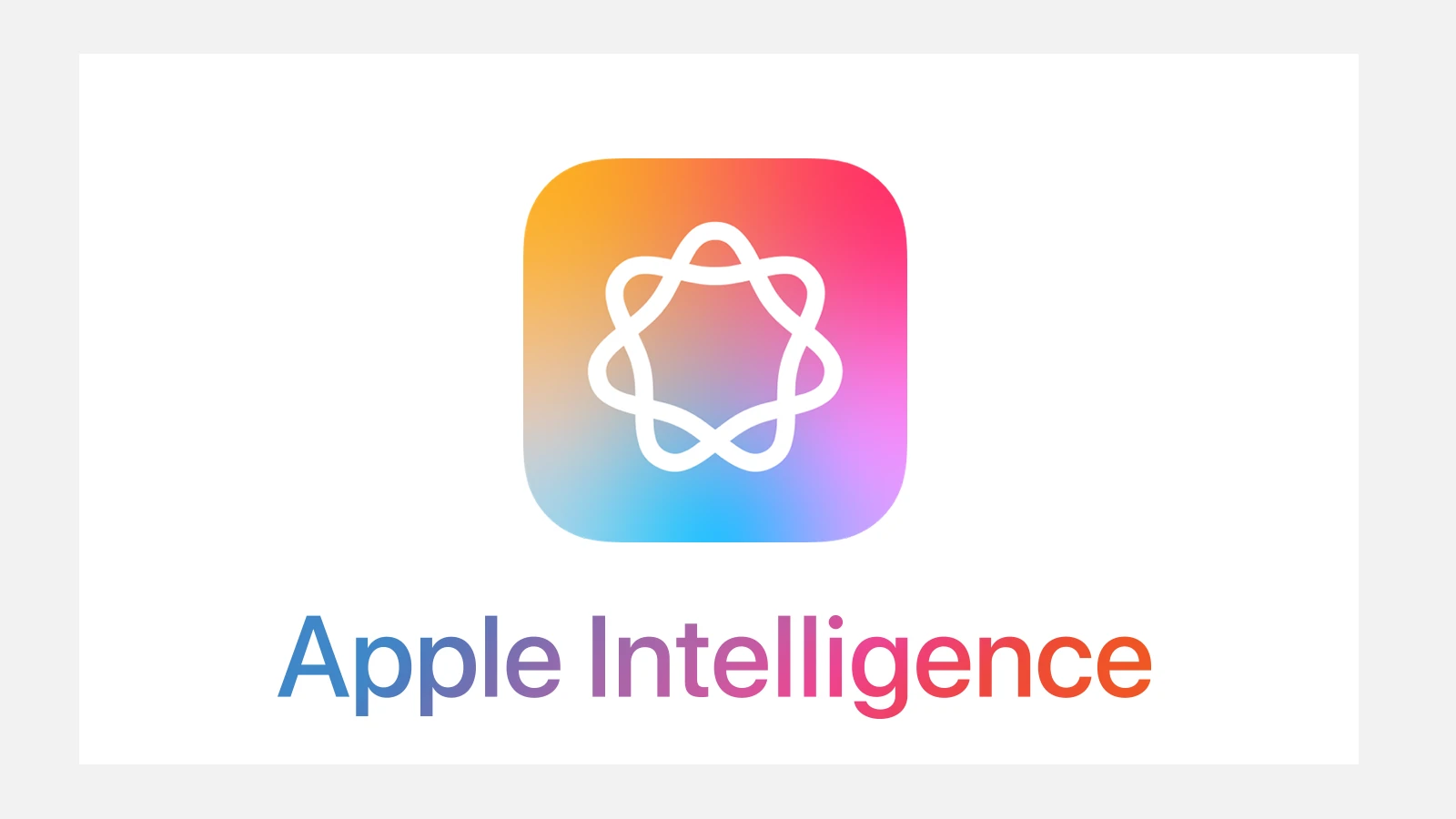Apple has stopped its AI-driven news alerts feature for now. This decision came after complaints about incorrect summaries, especially one from the BBC that pointed out serious errors in news notifications. By pausing these AI-generated summaries, Apple highlights an important issue: the use of artificial intelligence in news sharing.
AI can help deliver news quickly and efficiently, but accuracy is crucial, especially for sensitive information. The BBC’s complaint showed how AI can misrepresent facts, which can lead to misinformation and harm public trust. This situation teaches technology companies and news organizations the need for careful use and ongoing checks of AI tools in news reporting.
It also emphasizes the importance of human oversight to ensure quality journalism and prevent the spread of false information. Additionally, this incident raises questions about how we receive news in today’s fast-paced environment. Quick summaries are convenient, but it’s vital to rely on trustworthy sources. We should remember that even the best technology can make mistakes. The situation with Apple and its AI summaries serves as a reminder to be cautious about how we access and share information.
Understanding Apple’s Shift in News Alert Summaries
The Reason for the Change
Apple recently stopped using AI to create summaries for news alerts. This change came after some news groups, especially in the United Kingdom, said the AI summaries were often wrong. These errors caused worry about wrong information spreading through phone alerts. One example of this involved the BBC reporting an error in a summary about a murder case. Apple listened to these concerns. They made a software update for developers that stops the AI summaries. This shows they take the problem seriously.
What Went Wrong?
The main problem was the AI’s struggle to correctly summarize complex news stories. It sometimes changed important facts, making the alerts misleading. This is a big issue, as people trust news alerts to give them correct information quickly. The BBC’s complaint brought much needed public attention to the issue, which led to Apple taking action.
Apple’s Response and Future Plans
Apple didn’t just ignore the problem. They made a change through a software update. This update stops the AI from making summaries for news alerts. Apple also said they want to make the AI better. They might bring back the feature later. They will also add warnings for users about errors in other apps’ notification summaries. This is a good step to protect users from bad information.
Pros and Cons of AI Summaries
While AI summaries offer quick information, they also have some drawbacks. Here’s a quick look:
| Pros | Cons |
|---|---|
| Fast way to get news | Can make mistakes in summaries |
| Covers many topics quickly | May not understand complex stories |
| Can save time for users | Risk of spreading wrong information |
What This Means for Users
For now, users will see the original notification from the news app. This might mean longer alerts, but it also means more accurate information. Apple’s move shows how important it is to get news right, even in short alerts. It also shows a willingness to address user concerns and prioritize accuracy over convenience.
The Broader Impact on AI in News
This event has a broader impact on how AI is used in the news business. It highlights the difficulties of using AI to condense information and the importance of accuracy. News organizations and tech companies will likely be more careful about how they use AI for news in the future. This incident serves as a reminder that human oversight is still important, especially when dealing with factual information.
How News Apps Can Improve Notifications
News apps can take several steps to make their notifications better. They can focus on clear and concise writing in their original alerts. They can also use human editors to check important alerts before they go out. This can help avoid the kind of errors that led to Apple’s change. This also applies to other types of alerts. For example, weather apps can use simple, direct language to warn people about severe weather. This can help people get important information quickly and accurately.
The Importance of Fact-Checking in the Age of AI
This event underscores the critical role of fact-checking, even when AI is involved. While AI can process large amounts of data quickly, it lacks the human ability to understand context and nuance. Fact-checking by human editors remains essential to ensure the accuracy and reliability of information, especially in news reporting. This applies not only to news summaries but also to other areas where AI is used to generate content, such as social media posts and marketing materials.
Considering Other Notification Options
Users who still want quick summaries might look at other options. Some news apps offer their own summary features. Users can also look at other news aggregator apps. These apps often use different methods to summarize news. It’s important to know that these options might also have errors. Users should always be aware of the source of their news and check important details.
Short Summary:
- Apple suspends AI-generated news summaries following errors reported by media outlets.
- The decision aims to address inaccuracies while further developing the technology.
- Improvements and an updated version of the feature are expected in the coming weeks.
In a notable shift just months after unveiling its artificial intelligence features, Apple Inc. has decided to deactivate its AI-driven summaries for news alerts. This move stems from rising concerns among media organizations, dictated largely by a complaint from the British Broadcasting Corporation (BBC), which illuminated serious inaccuracies in the notifications disseminated by Apple’s system. Apple disclosed this information through a developer update on a Thursday, highlighting the ongoing challenges the tech giant faces as it navigates the evolving landscape of AI technology.
The BBC’s grievance emerged following an incident where Apple’s software inaccurately summarized a news report regarding an arrest in a murder case, misleading readers with a headline claiming, “Luigi Mangione shoots himself,” when, in fact, the alleged suspect was alive and well. Such errors have raised alarms not only regarding the reliability of Apple’s AI technology but also about the potential implications for public trust in news sources, a sentiment echoed by prominent figures in journalism.
“Trust in news is low enough already without giant American corporations coming in and using it as a kind of test product,” said Alan Rusbridger, a former editor at the Guardian, during a BBC Radio Four interview.
The premature rollout of the Apple Intelligence feature, which began in October 2023 as part of the latest iPhone models, had been a cornerstone of Apple’s marketing strategy. Featuring various capabilities, Apple Intelligence’s most prominent function was its ability to summarize notifications from multiple sources into concise alerts, aiming to provide users with quick access to important information. The company’s assurances, however, became problematic as the technology fell short of expectations.
Apple has clarified that the AI summaries feature is still undergoing beta testing, and they are actively working on improvements based on user feedback. Notifications from news and entertainment apps were temporarily disabled for users of the company’s beta software, with an Apple spokesperson indicating that, “Notification summaries for the News & Entertainment category will be temporarily unavailable” until the issues are rectified. This announcement comes amidst a broader landscape of scrutiny regarding the reliability of AI technologies, as firms like Microsoft and Google have faced similar setbacks with their AI solutions.
Given the series of misrepresentations caused by Apple’s AI, the company is now taking steps to distance itself from such inaccuracies. The update specifies that any AI-generated summaries will now be italicized to clearly indicate their origin, thereby allowing users to differentiate them from standard notifications. Alongside this, Apple is rolling out additional features that enable users to customize their notification preferences directly from the lock screen, thus empowering them to opt-out of AI summaries for individual apps.
Despite these changes, the tech community remains cautious about the application’s viability, especially in sensitive areas such as news reporting. Critics argue that relying on AI for summarization could exacerbate misinformation if inaccuracies continue. The National Union of Journalists (NUJ) has strongly recommended that Apple take decisive action to prevent the spread of fraudulent information.
“At a time where access to accurate reporting has never been more important, the public must not be placed in a position of second-guessing the accuracy of news they receive,” asserted Laura Davison, the general secretary of the NUJ.
Journalism advocacy groups, such as Reporters Without Borders, are calling for stricter controls on AI-generated content. They find Apple’s reassurances unsatisfactory and want the feature removed until it meets reliable standards for journalism. Reports of miscommunication from Apple’s AI have occurred frequently. For example, users received alerts saying that darts player Luke Littler had already won a championship that had not yet happened, and another alert incorrectly suggested that Spanish tennis player Rafael Nadal had announced his sexuality, which contradicts reliable reports. These mistakes damage Apple’s reputation and weaken public trust in technology’s role in sharing important information.
As Apple works on updates to resolve these issues, it is unclear how successful these changes will be in restoring credibility. The company has promised to improve its AI features, stating that ongoing user feedback will guide these updates. However, Apple has not set a clear timeline for when users can expect the return of news alert summaries, leaving both users and media organizations uncertain. Other tech companies like Google also face similar challenges, suggesting that the rush to implement AI often outpaces its development.
Users are voicing their concerns on social media, asking all tech companies to focus on accuracy and ethical considerations in their AI applications. Analyst Ming-Chi Kuo from California pointed out that while AI has the potential to improve user experience, the current reality is complicated, often not meeting user expectations. This highlights the need for developers to balance innovation with reliability.
In summary, Apple’s decision to halt its AI-driven news summaries shows that it recognizes the risks of misinformation through technology. As the tech industry struggles to balance progress and responsible communication, companies must ensure their products provide accurate and reliable information, especially in news and journalism. With increased public scrutiny and changing expectations, it is essential for Apple and other tech firms to maintain accountability and transparency in their AI developments.







